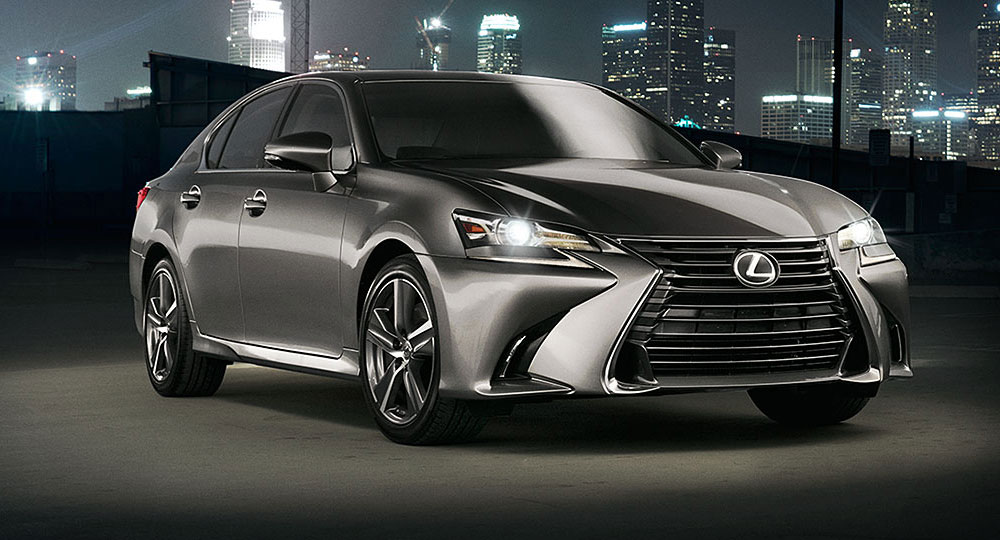It’s official. According to a recent post on the Lexus UK Facebook page, the GS sedan will be discontinued in Europe:
Since the launch of the first generation GS in 1993, we have sold about 74,000 units in Europe, including 20,000 GS hybrids. This year, sales in Europe amount at 1,494 units (Jan-Oct), a decrease of 20% vs. Jan-Oct 2016.
New development work would have been required in order for the GS to comply with the forthcoming change in emission regulations that will become mandatory in Europe by 1st September 2018. Given the fact that the GS is positioned at the higher end of the E-premium saloon segment where sales perspectives are limited, we have evaluated that such investment could not be justified.
The fate of the GS has been an ongoing concern since rumors of its cancelation started last year. Lexus Europe is the first to make a public announcement, and it’s currently unknown if and when other regions will follow suit.


Comments